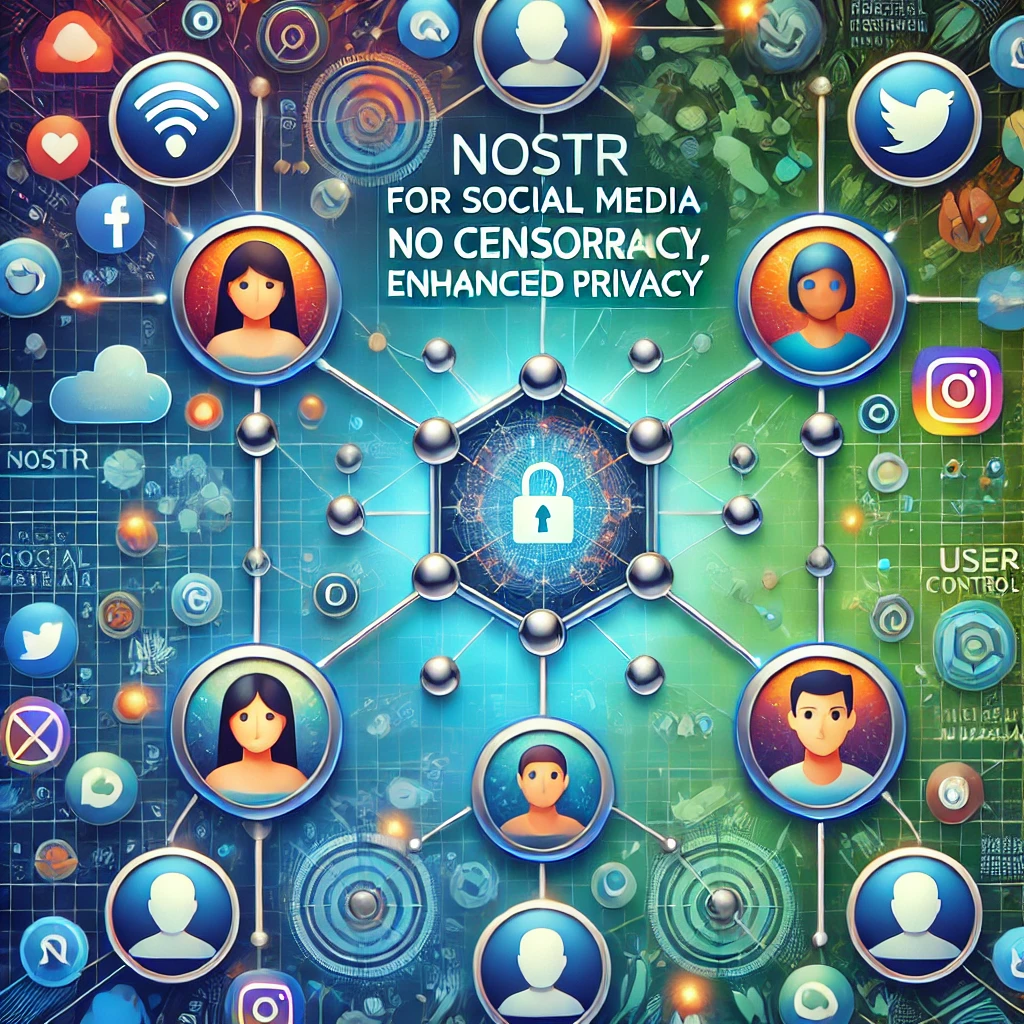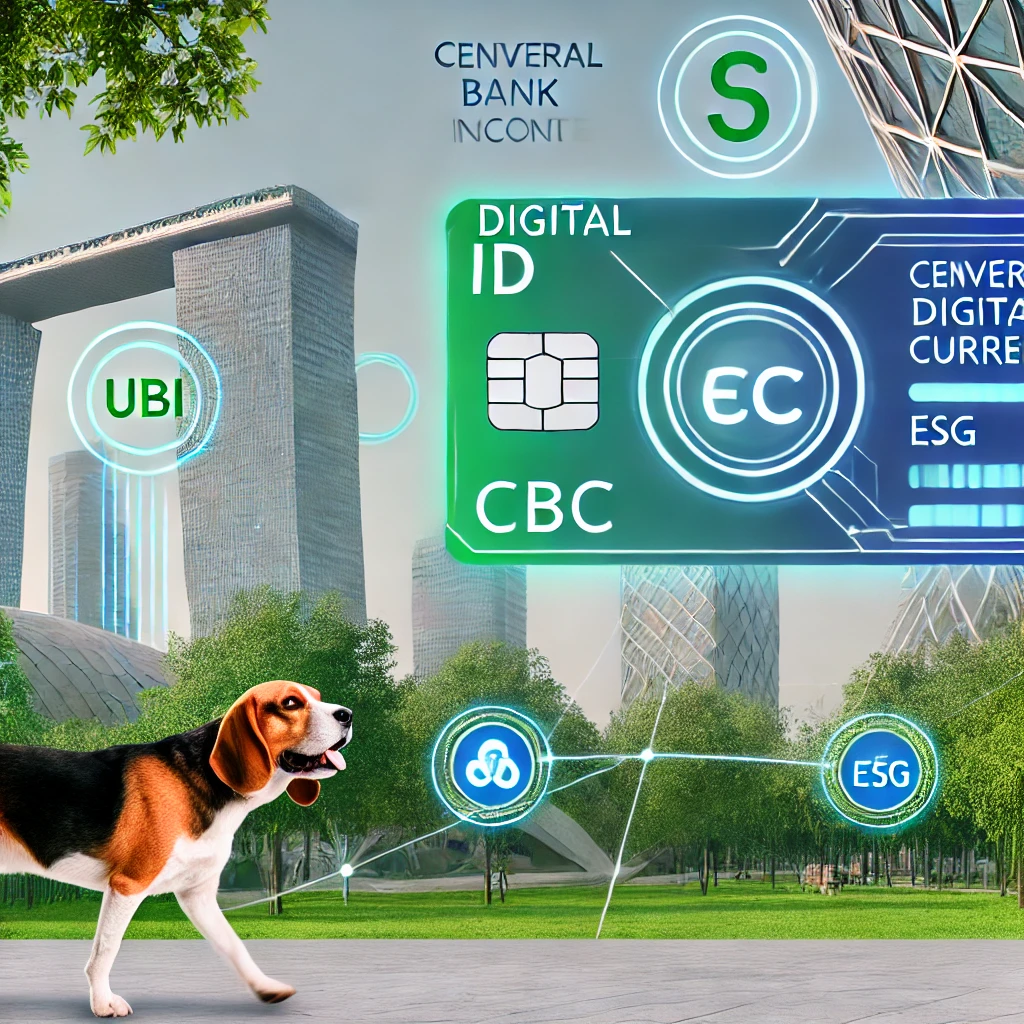The digital age has revolutionized the way we communicate, with social media platforms becoming the cornerstone of this transformation. However, issues such as censorship, data privacy, and centralized control have raised concerns among users. Network-Oriented Service and Transport Resources (NOSTR) offers a promising solution to these challenges. By leveraging NOSTR for social media, users can enjoy a decentralized, censorship-resistant platform that enhances privacy and control over their content.
What is NOSTR?
Network-Oriented Service and Transport Resources (NOSTR) is a framework designed to optimize and manage network services and transport resources. By integrating various network functions into a unified system, NOSTR enhances efficiency, scalability, flexibility, and reliability. This technology can be effectively applied to social media platforms, providing significant advantages over traditional, centralized systems.
Benefits of Using NOSTR for Social Media
No Censorship
One of the most significant benefits of using NOSTR for social media is the elimination of censorship. In traditional social media platforms, content is subject to the policies and regulations of the hosting company. This centralized control can lead to the removal or suppression of content that doesn’t align with the platform’s guidelines or political pressures.
With NOSTR, social media platforms can operate in a decentralized manner, meaning there is no single entity controlling the content. Users can freely share their opinions and ideas without the fear of censorship. This fosters a more open and diverse discourse, essential for a healthy and democratic society.
Enhanced Privacy
Privacy is a major concern for social media users. Traditional platforms often collect vast amounts of personal data, which can be exploited for advertising or even sold to third parties. NOSTR addresses this issue by decentralizing data storage and management.
In a NOSTR-based social media platform, user data is not stored in a central location but is distributed across multiple nodes. This makes it much harder for any single entity to access or misuse personal information. Users retain control over their data, ensuring higher levels of privacy and security.
Increased Control
NOSTR empowers users by giving them more control over their content and interactions. In traditional social media platforms, users are often at the mercy of the platform’s algorithms, which determine what content is shown and how it is prioritized.
With NOSTR, users can have more say in how their content is displayed and shared. This can lead to a more personalized and satisfying social media experience. Users can also create and manage their own communities without interference from a central authority.
Improved Scalability
As social media platforms grow, they face significant challenges in scaling their infrastructure to accommodate millions or even billions of users. NOSTR’s decentralized nature makes it inherently more scalable. Network functions and resources can be dynamically reconfigured to handle increasing loads, ensuring that the platform remains responsive and reliable as it grows.
Cost Efficiency
Operating a traditional social media platform involves substantial costs related to infrastructure, data storage, and content moderation. By using NOSTR, these costs can be significantly reduced. The decentralized approach spreads the load across multiple nodes, which can be more cost-effective than maintaining large, centralized data centers.
Applications of NOSTR in Social Media
NOSTR can be applied to various aspects of social media to enhance functionality and user experience:
- Content Sharing: Users can share text, images, and videos without fear of censorship or data exploitation.
- Community Building: Decentralized communities can be created and managed by users, fostering diverse and inclusive discussions.
- Messaging: Secure and private messaging can be implemented, ensuring that communications are not intercepted or monitored by third parties.
- Advertising: Transparent and user-controlled advertising models can be developed, allowing users to opt-in and be rewarded for their attention.
Challenges and Considerations
While NOSTR offers many benefits, there are also challenges to consider:
- Complexity: Implementing a decentralized social media platform can be complex and requires significant technical expertise.
- Interoperability: Ensuring that different nodes and components of the network work seamlessly together is crucial for a smooth user experience.
- Security: Protecting the decentralized network from cyber threats requires robust security measures.
- User Adoption: Convincing users to switch from established social media platforms to a new, decentralized system can be challenging.
The Future of NOSTR in Social Media
The future of social media lies in decentralization, and NOSTR is poised to play a critical role in this transformation. As users become more aware of the issues associated with traditional platforms, the demand for alternatives that prioritize privacy, control, and freedom of expression will grow.
NOSTR-based social media platforms can lead this change, providing users with a safer, more open, and more democratic space for communication. As technology advances and more developers embrace decentralized solutions, the potential for NOSTR to revolutionize social media will continue to expand.
Leveraging NOSTR for social media offers a host of benefits, including the elimination of censorship, enhanced privacy, increased control, improved scalability, and cost efficiency. By addressing the limitations of traditional, centralized platforms, NOSTR paves the way for a new era of social media that prioritizes user empowerment and freedom of expression. As the digital landscape continues to evolve, the adoption of NOSTR-based social media platforms is likely to grow, driving the future of online communication.
Discover more from Kango Anywhere
Subscribe to get the latest posts sent to your email.



